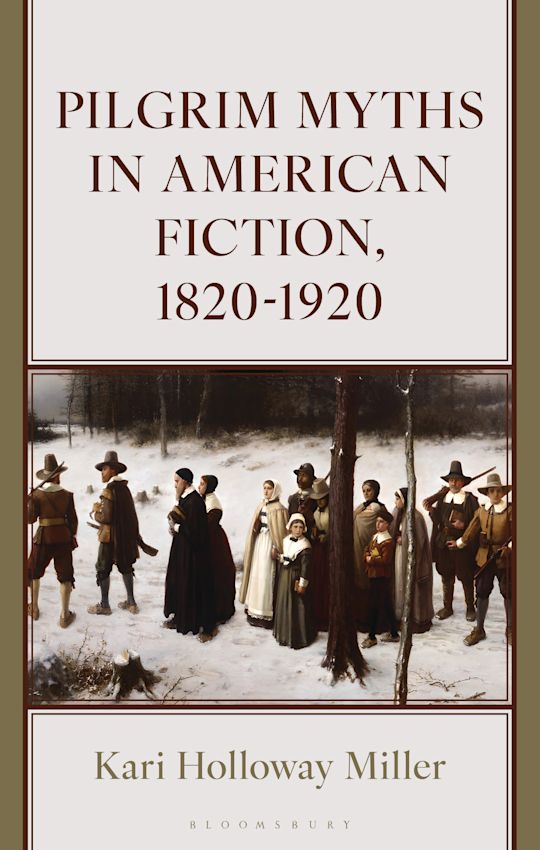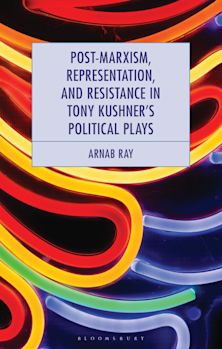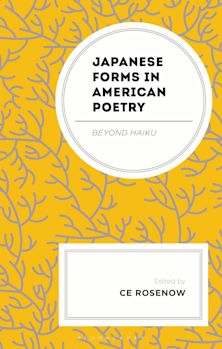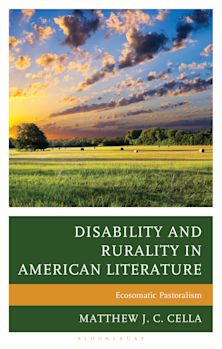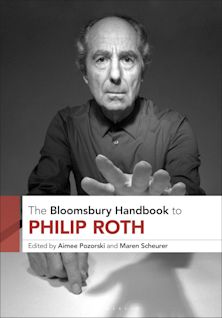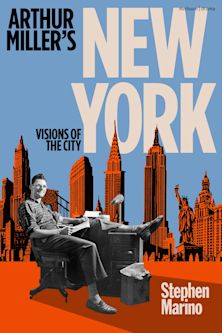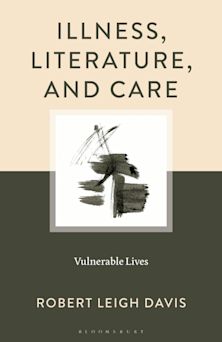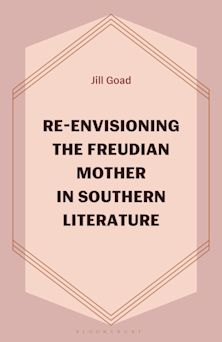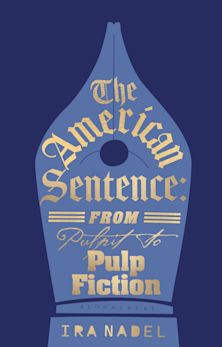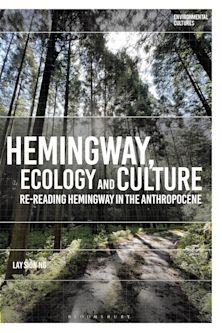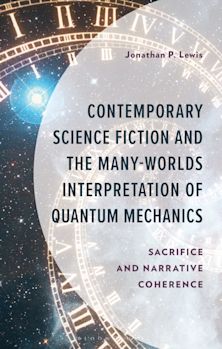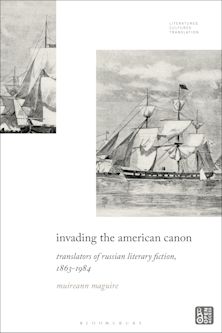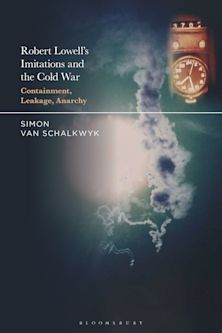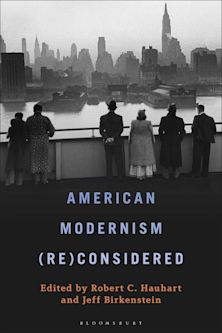Pilgrim Myths in American Fiction, 1820-1920
Pilgrim Myths in American Fiction, 1820-1920
This product is usually dispatched within 1 week
- Delivery and returns info
-
Free US delivery on orders $35 or over
Description
Pilgrim Myths in American Fiction, 1820-1920 portrays how a distinctly American narrative evolved through fiction and not solely through the history books.
Through an exploration of nineteenth-century fiction, Kari Miller reveals the demonization of the Puritans and the subsequent idealization of the Pilgrims. New England-based writers such as Lydia Maria Child, Catharine Maria Sedgwick, James Fenimore Cooper, and Nathaniel Hawthorne utilized their local and familial history to write novels exploring America's early cultural and moral foundations, portraying the Puritans as intolerant hypocrites. By contrast, Harriet Vaughan Cheney, Henry Wadsworth Longfellow, and Jane Goodwin Austin celebrated their Pilgrim ancestors, whose mission more closely aligned with emerging American ideals. These American legends developed through popular fiction that was widely available and easily shared, written by authors on a mission to define American identity and for whom the story was both personal and local. To understand how the Pilgrims became America's “forefathers,” Miller reveals how fiction can teach us almost as much as fact.
Table of Contents
Acknowledgements
About the Author
Note on Terminology
Prefatory Note
Introduction
1. “The first scene of our history”: Lydia Maria Child and Harriet Vaughan Cheney
2. “Nothing that is not American”: Catharine Maria Sedgwick and James Fenimore Cooper
3. “No good on earth”: Nathaniel Hawthorne's Puritan Psychologies
4. The Scarlet Sins of Hawthorne's Puritans
5. The Pilgrims go Viral: Henry Wadsworth Longfellow's The Courtship of Miles Standish
6. Forefathers for a New Nation: Jane Goodwin Austin's Pilgrim Stories
7. “The Pilgrim Fathers, neither Puritan nor persecutors”: Jane Goodwin Austin's Standish of Standish
Conclusion
Appendix
Bibliography
Product details

| Published | Jan 08 2026 |
|---|---|
| Format | Hardback |
| Edition | 1st |
| Extent | 240 |
| ISBN | 9781666956689 |
| Imprint | Bloomsbury Academic |
| Illustrations | 4 b/w/ illus |
| Dimensions | 9 x 6 inches |
| Publisher | Bloomsbury Publishing |
Reviews

ONLINE RESOURCES
Bloomsbury Collections
This book is available on Bloomsbury Collections where your library has access.









